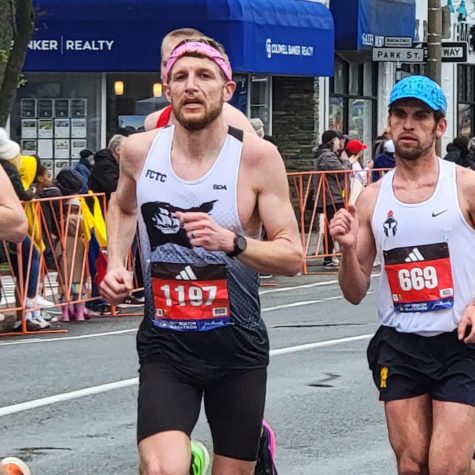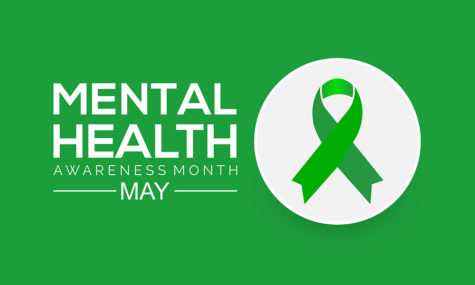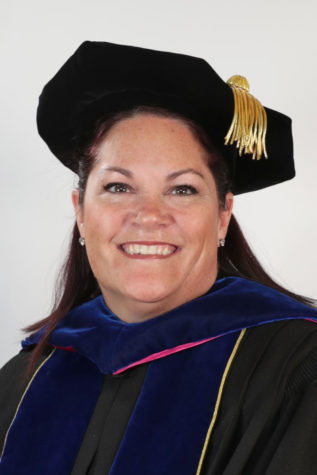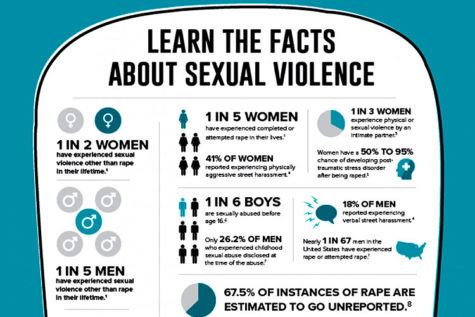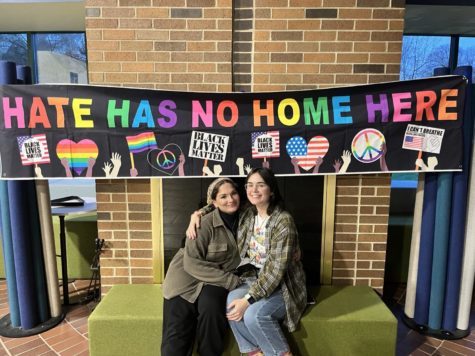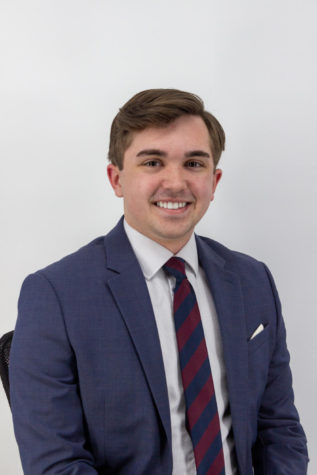Cultural education focus of program
September 19, 2017
A newly established summer camp for Erie County’s youth has gained the attention of the community for its conscientious and unconventional approach to K-12 education. Janelle Newman, Ph.D., academic director of Mercyhurst’s Center for English Language Studies, has developed a culturally responsive literacy curriculum, working with the E.F. Smith Quality of Life Learning Center (QLLC) to provide a seven-week-long program for students who are resettled refugees or of ethnically diverse backgrounds.
A year ago, Newman visited an after-school program at McKinley Elementary School. She learned about QLLC from Colin Hurley, director of Community Engagement at Mercyhurst. She worked with Gary Horton and Veronica Rexford from QLLC to establish a summer program that would tap into the cultures of its students.
There are significant Congolese, Sudanese, Somali and Syrian refugee populations in Erie. Many of the children who participated in the program grew up in refugee camps in Africa, some moving from country to country. Others came to America when they were as young as 4 years old.
Newman commented that the majority of these students speak high-level English.
As a certified ESL teacher interested in multilingual issues and education, Newman saw the summer program as an opportunity to be proactive in this area of her research which she feels is overlooked far too often. She observed that certain things were not happening in the classroom.
“In general, in education we don’t really acknowledge students’ experiences as valid understandings of content,” said Newman. “We need to include more student voices even when they are young.”
Newman also focuses on these issues in her World Language 101 class, entitled “Culturally and Visibly Diverse Learners,” and the QLLC is a site for Beyond the Gates this year.
Newman additionally commented that students of various ethnicities never or rarely see themselves in literature. For the summer program, Newman evaluated the group of 50 students from McKinley and chose literature that reflected who they were and that they could connect to.
As a result of this program, she has created a curriculum that explores cultural background and identity, providing personal time for students who may not get it during the regular school year.
This is one of many methods of intervention to bolster student success in response to the K-12 achievement gap.
“It is important that they have time to express themselves,” Newman said.
Two certified teachers, with the assistance of teenage mentors from the community, implemented the curriculum. Over the seven-week span, the class read a book each week where the main characters were African or Middle Eastern. The group, divided by both age and ability, practiced identity building and language development activities, including song, dance and journal time.
They were also encouraged to participate in discussion to build social and speaking skills.
“In the end, I ask is this helping the student feel more confident, understand themselves better and feel proud of who they are and their identity?” Newman said.
In the future, Newman hopes that some of these literacy ideas can be incorporated into pre-service teacher training, future curriculum and an after-school program/reading club. The only possible roadblock is a lack of funding, since this approach is often not seen as a priority. Thankfully, these methods are beginning to be acknowledged in the world of education.

